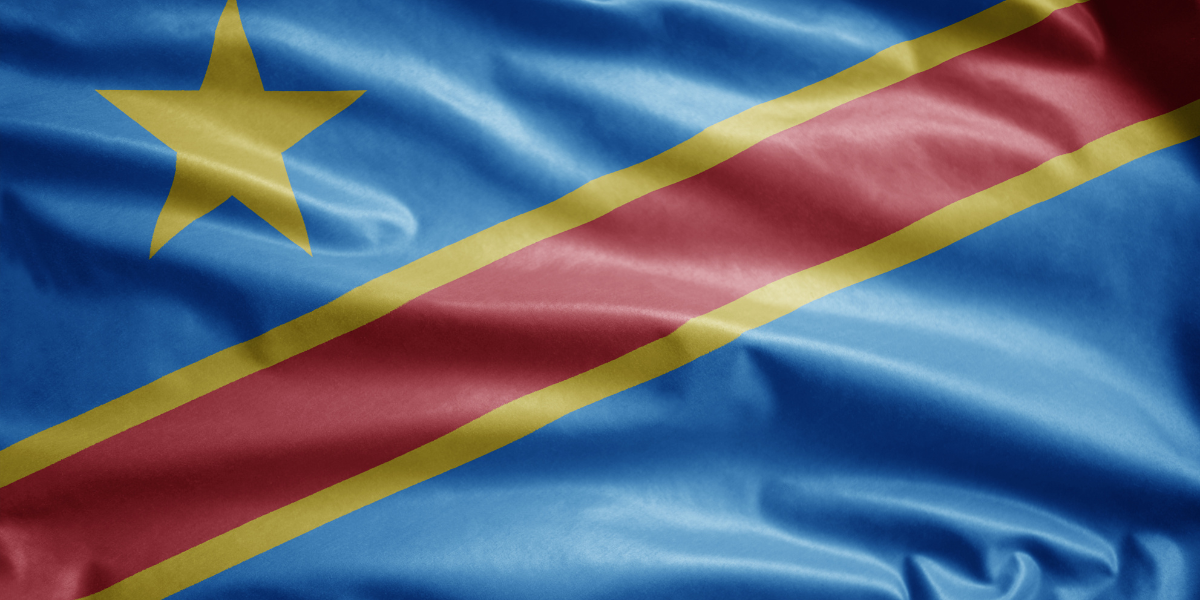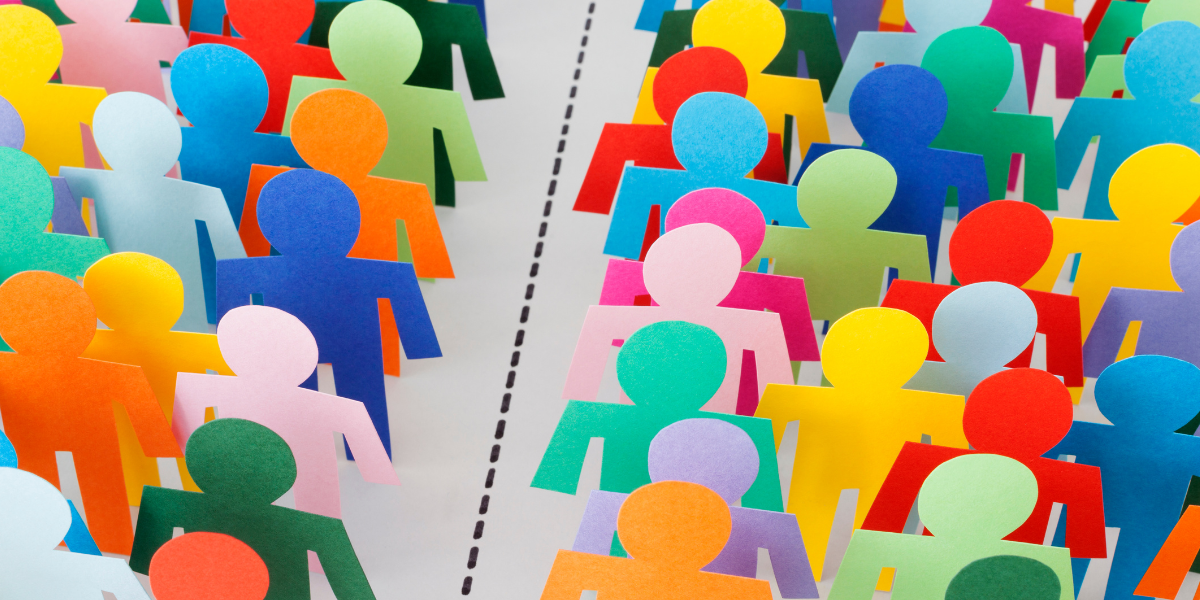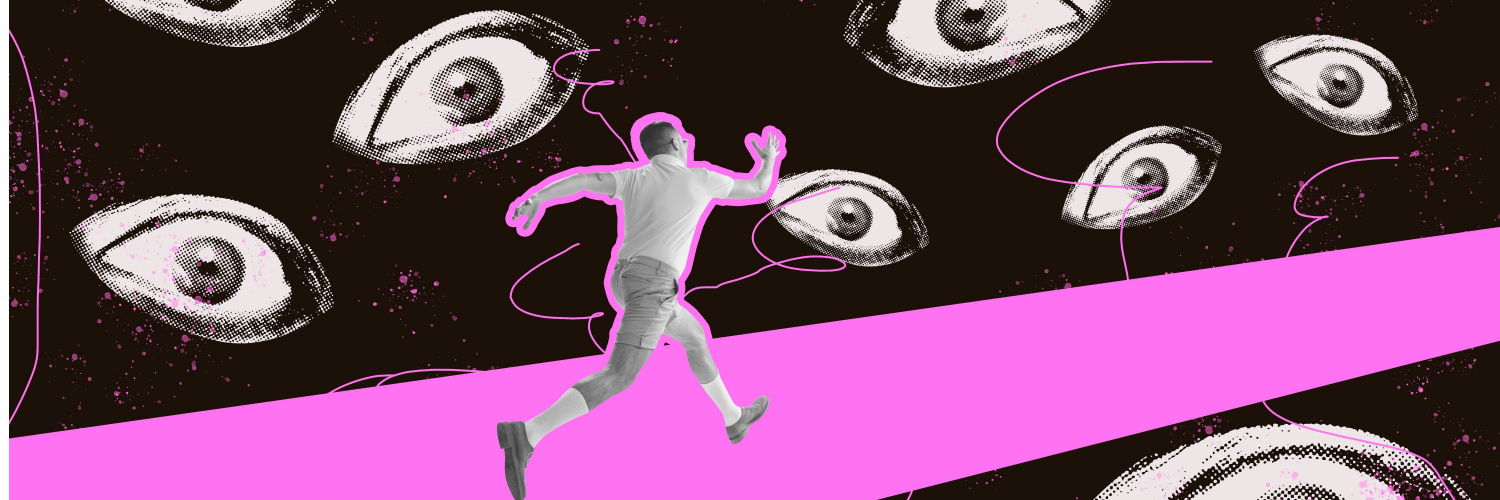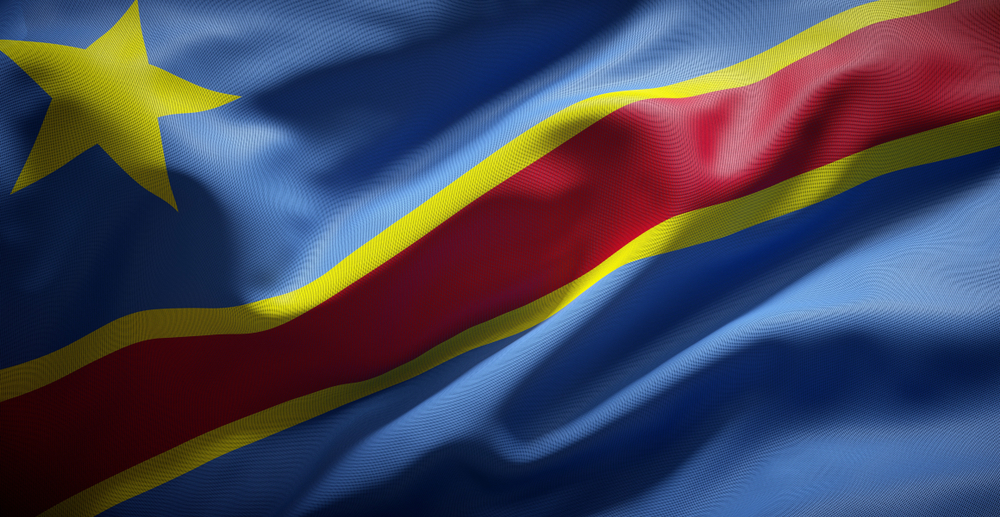The Retreat of Democracy in Central and Southern Africa: My Key Takeaways
By Sebastian Brack, Head of Elections and Democracy, Kofi Annan Foundation
Democracy has backslid in a third of the member states of the Southern African Development Community (SADC) since 2006[i]. Only one country in the region, Mauritius, is rated a “full democracy”[ii]. Even South Africa, the Nation of Nelson Mandela, which has one of the most progressive constitutions in the world, is classified as a “flawed democracy”.
What is going wrong?
At the beginning of September, we travelled to Cape Town, South Africa, to find out. We spent two days discussing the state of democracy in Central and Southern Africa with representatives from government, political parties and civil society from across the region.
Graça Machel calls on all sections of African society to assert the power of collective action in supporting democratic values and peaceful transitions across the continent. Photo: Michael Hammond
Organised in partnership with the Nelson Mandela School of Public Governance, the conference provided a platform for much-needed exchanges and equipped democratic forces with ideas to deepen democracy across the region. Topics included the strengths and weaknesses of Southern Africa’s governance, the obstacles to electoral integrity, the role of civil society and youth, and the challenges and opportunities of the digital age for elections and democracy.
Watch and listen to the conference again >
Read the summary from the Nelson Mandela School>
Professor Faizel Ismail, director of South Africa’s Nelson Mandela School of Public Governance. Photo: Michael Hammond
Here are my main take-aways:
- Votes increasingly don’t count
- It’s time for intergenerational dialogue
- South Africa is not doing enough
1. Votes increasingly “don’t count”
One of the delegates explained that “for many young Africans, elections have become exercises in counting votes that don’t count.” Central and Southern Africa are not alone: they are part of a global trend in which a growing number of countries’ democratic institutions and liberties are being hollowed out despite regular elections.
A delegate from the DRC explained that, in his country, the results of the last three elections were basically obfuscated to allow the loser to remain in power against the popular will. “How can we continue believing in democracy?” he asked.
Furthermore, Alan Doss, President of the Kofi Annan Foundation reminded participants, “elections without integrity cannot provide the winners with legitimacy, the losers with security and the public with confidence in their leaders and institutions.”
Kofi Annan Foundation President Alan Doss. Photo: Michael Hammond
What came out strongly was that Africa’s booming and increasingly urban and educated young population is not naïve, and increasingly angry at these travesties of democracy. If the situation continues to deteriorate, we can expect increasing political instability, including violence, and mass migration in the coming years warned delegates.
Read the Oped ‘Defending Democracy: Nelson Mandela and Kofi Annan’s ideals under the spotlight’
2. Time for intergenerational dialogue
The many younger participants expressed acute frustration about the constant reference to the liberation struggle by ruling parties whose legitimacy is now in question due to their own record of government. The younger generation shared that they want less corruption, better service delivery and less inequality, not just history lessons from their older leaders.
Additionally, Graca Machel, the keynote speaker, conceded that her generation had ‘fulfilled expectations’, even if they secured independence from colonial and racist regimes, and that the next generation has to come up to the plate.
Read the full keynote speech from Graça Machel >
The discussions revealed that the older and younger generations were not aware of one another’s work and accomplishments. Some of the older activists were encouraged by the prominent youth leaders’ initiatives, such as LUCHA in the DRC, or the Not Too Young To Run campaign in Nigeria. Therein lies the potential for the two groups to join forces to re-engage youth in political spaces and increase youth representation in influential positions.
Photo: Michael Hammond
3. South Africa is not doing enough
Many participants complained of South Africa’s inaction in upholding the democratic aspirations enshrined in the SADC and AU charters, despite all the help it received from the region during its own liberation struggle.
A delegate from the DRC reminded participants that South Africa was the first country to congratulate Felix Tshisekedi on his dubious victory in the December 2018 presidential elections despite the many reservations expressed about the integrity of the elections and their controversial outcome, including at the AU level.
Some Zimbabweans reminded the conference of the cover South Africa provided Robert Mugabe’s increasingly tyrannical regime, which beat up and locked up its opponents, rode roughshod over the population’s human rights, and blatantly rigged elections for years.
“South Africa has to live up to the example set by Nelson Mandela, both domestically and regionally”, exhorted one of the participants.
South Africa’s policy will come under the spotlight next year when it will chair the African Union as a whole. Will the new administration of Cyril Ramaphosa use its position to champion democracy? The jury is still out.
Photo: Michael Hammond
Conference Report
We plan to publish a report on the main findings of the conference in the coming weeks. Through the Foundations’ Electoral Integrity Initiative we will continue to strive at deepening democracy throughout the region.
Sebastian Brack
Head of Elections and Democracy at the Kofi Annan Foundation
[i] V-Dem Institute, University of Gothenburg
[ii] EIU Democracy Index



